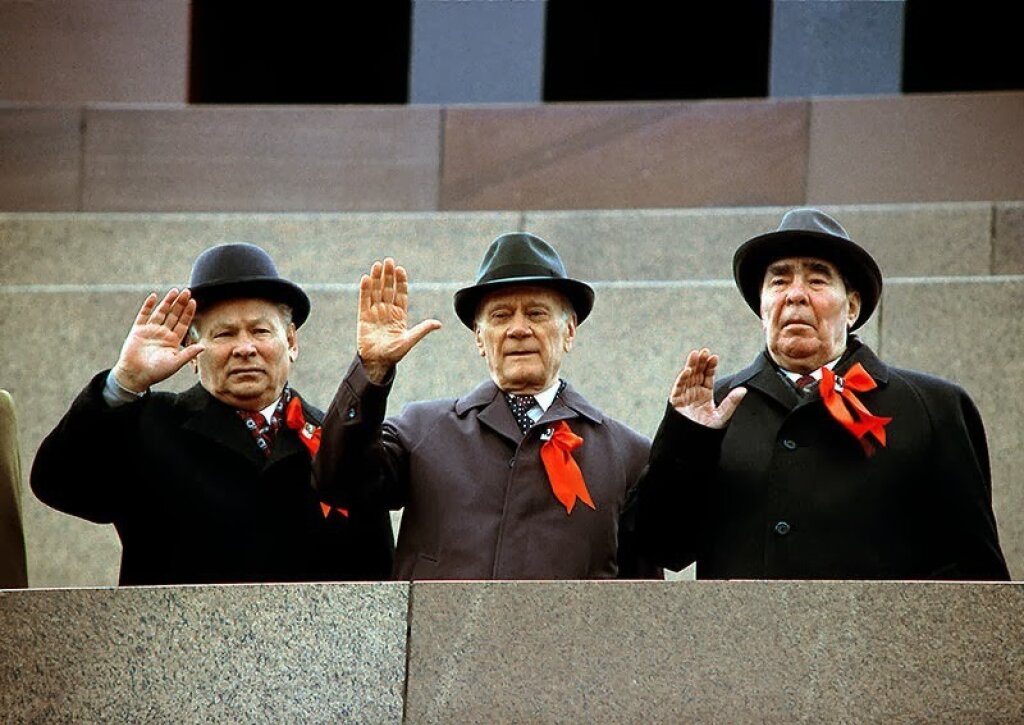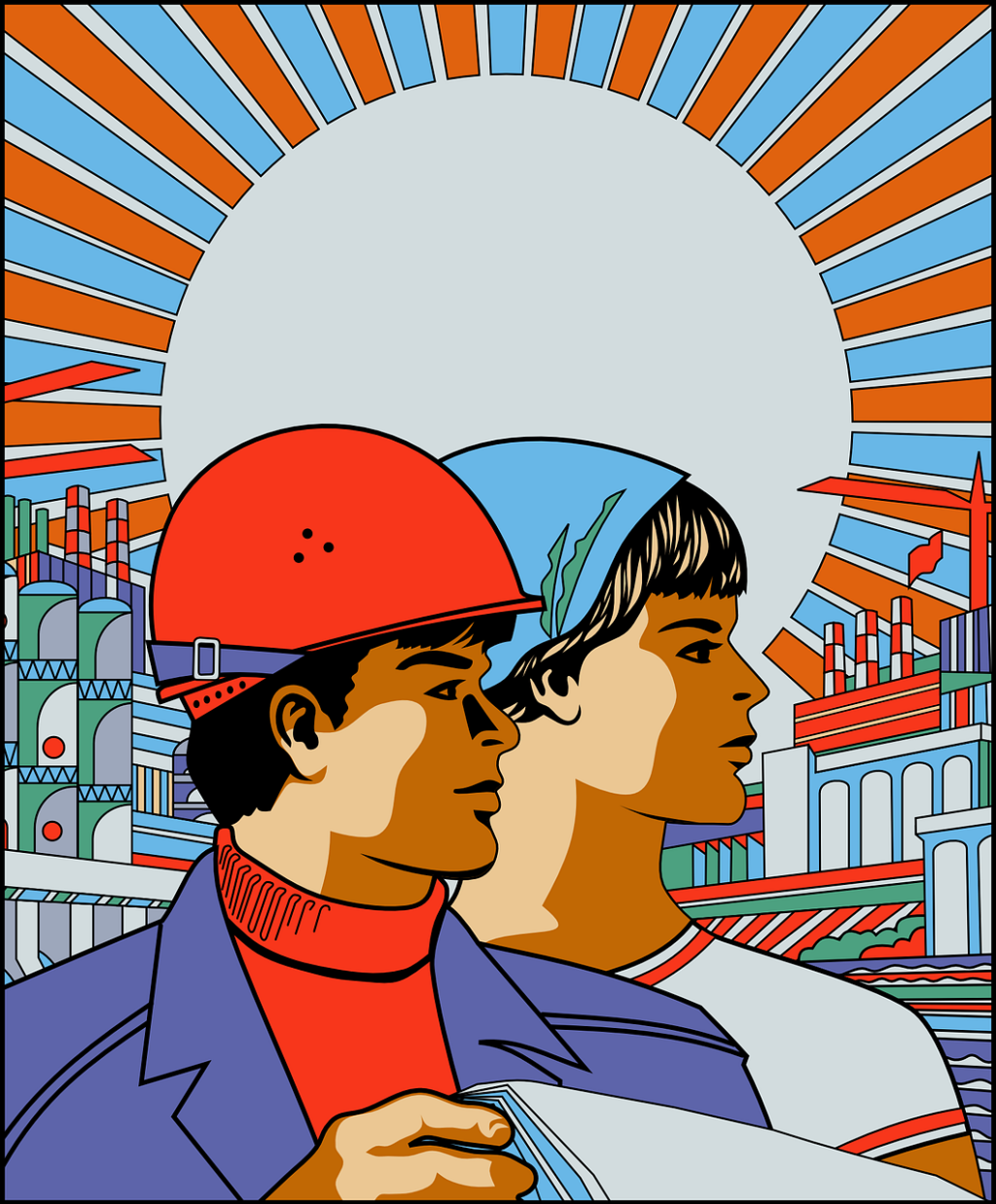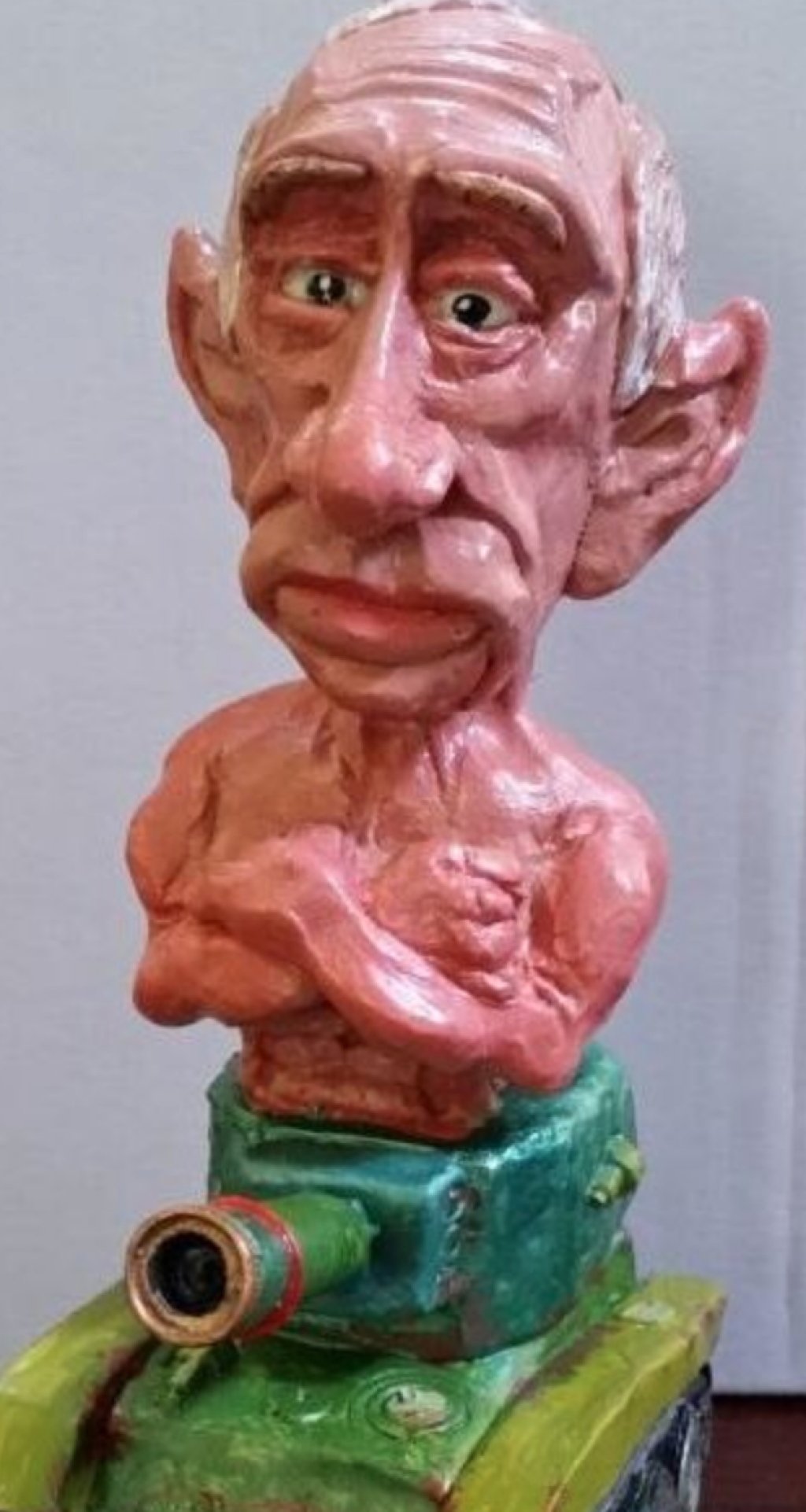This is the eighteenth entry of Russia’s Alien Nations: The Secret Identities of Post-Socialism, an ongoing feature on All the Russias, as well as the fifth entry of Chapter 1. It can also be found at russiasaliennations.org. You can also find all the previous entries here.
One of the problems with using “new” as part of a term of art is that “new” should, in all fairness, have a short shelf-life. This is not always the case, as the few surviving, elderly founders of “New Criticism” can attest. But the term has much more obvious limitations when attached to human beings or entire generations—some of the men who populated Brezhnev’s famously geriatric politburo may have been “New Men” or even “New Soviet Men” in their youth, but applying the term to them in 1980 would have seemed like the punch line to one of the many Brezhnev jokes that circulated in late Soviet urban folklore.
As I discussed in an earlier post, Anna Krylova shows that the “New Man” was quietly replaced by the “New Soviet Man” beginning in the mid-1930s, with a shift in emphasis from proletarian and collective values to something much more vague. This vagueness was an appropriate attribute to go along with the nearly empty signifier “Soviet,” allowing it to stand for whatever values emerge at a given time. Strikingly, she observes that at the Tenth Komsomol Congress, Stalin chose the word “Soviet” to describe the youth organization’s members rather than “proletarian:” "foreshadowing the kind of revisions to be applied gradually to the Soviet state’s founding documents over the next thirty years, the Komsomol organization was to remake itself in the image of the ‘New Soviet Person.” [1] Note that this was in 1936, when future General Secretary Yuri Andropov, who would take office at the age of 68, was 22 years old.
Fortunately for future old people throughout the Soviet Union, the “New Soviet Man” would, like his processor the “New Man,” discretely change his name, in a move that presumably reflected the passage of time more than any actual ideological innovation. In the postwar years, he was simply the “Soviet Man.” What is important at this stage, and up until the point when the Soviet Man becomes the object of satire and contempt, is not the ideological or ethical content that attaches to the term (whether it involve collectivism, optimism, technocratic practicality, or dedication to an ideal), but the mere fact of the “Soviet Man” as a set phrase and immediately legible notion of something particularly Soviet.
After the Second World War, that “Soviet-ness” might often be based on pride in the victory over fascism, an indisputably worthy accomplishment that is difficult to assimilate to an ongoing character trait (aide from the pride itself). While every country probably has its own ideas about a national type, they are more often ethnic or religious, or, in the case of America, the basis of more than a century of national mythmaking. The Soviet Man, like the Soviet citizen, is not national in this sense; he is supranational, based on an idea that is supposed to be more progressive than the mere fact of empire. When I read Oushakine on Soviet aphasia, and see that young people have difficulty defining the “post-Soviet,” I am not at all surprised. It took decades for any sense of a “Soviet Man” to come together, decades that involved the intellectual labor of party officials, pedagogues, journalists, and writers, and even then, the Soviet Man was something of a moving target. The Russian Federation is, like the Soviet Union, multinational, but is so far unwilling to be either an empire or a thoroughly ideological state, while dismissing the simple goal of the general welfare of the population as somehow too boring. Post-Soviet Man’s lack of a fixed identity is as stable an image as we’re likely to get for some time.
All of this is further complicated by the issue with which this chapter began: the movement from the positive Soviet Man to his abject double. What eventually would become the “sovok” first had to endure an intermediate stage of degradation, when Soviet Man was cast as Homo Sovieticus.
Next: The Descent of Soviet Man



